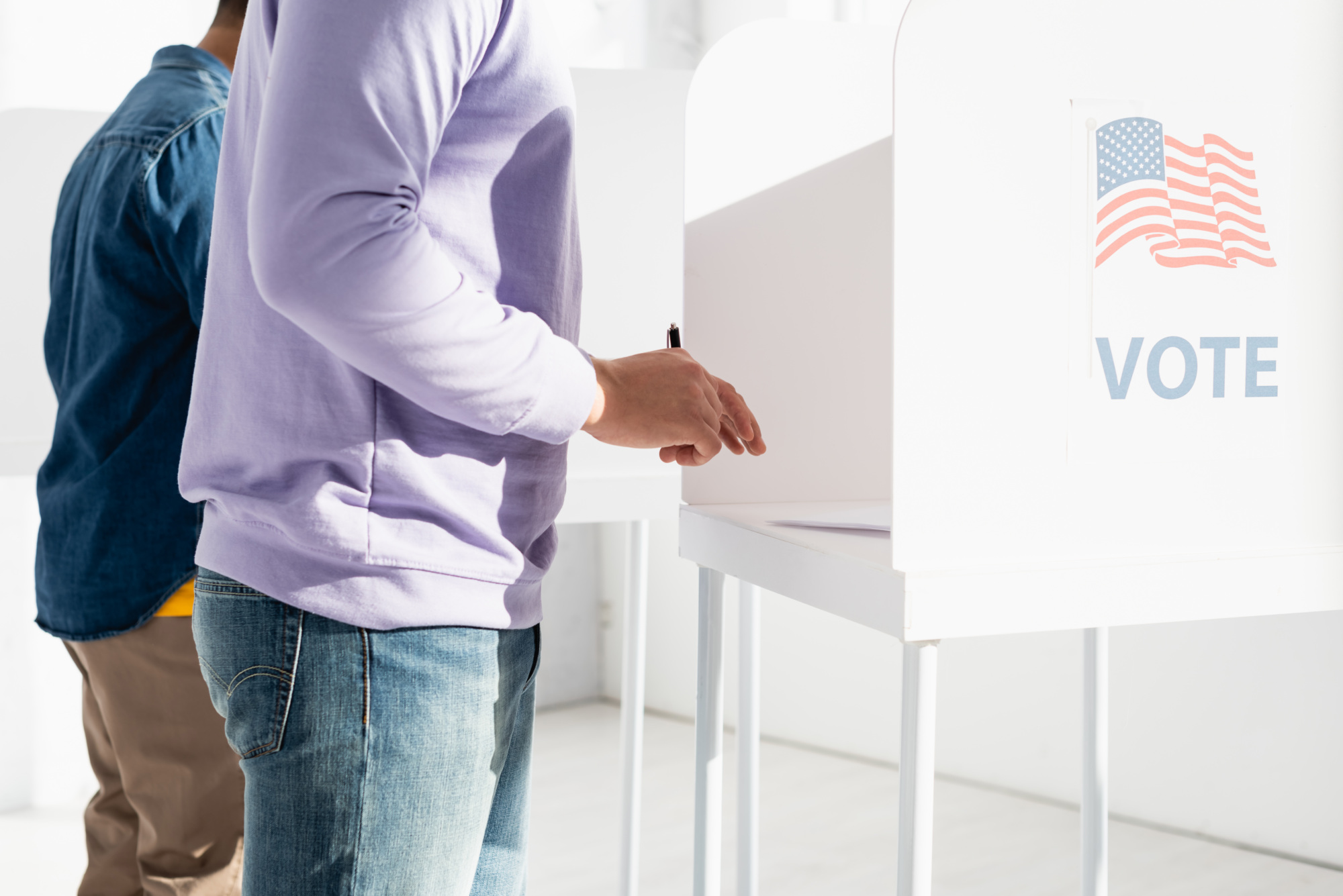
Analysis
Big Tech Ramps Up Lobbying as Industry Seeks to Thwart Legislation to Protect Kids Online
Big Tech pumped nearly more than $51 million into influence operations between January and September, new filings show...
It has been almost three months since the Kids Online Safety and Privacy Act was passed with nearly unanimous approval in the Senate. While 90% of the electorate believes in…



